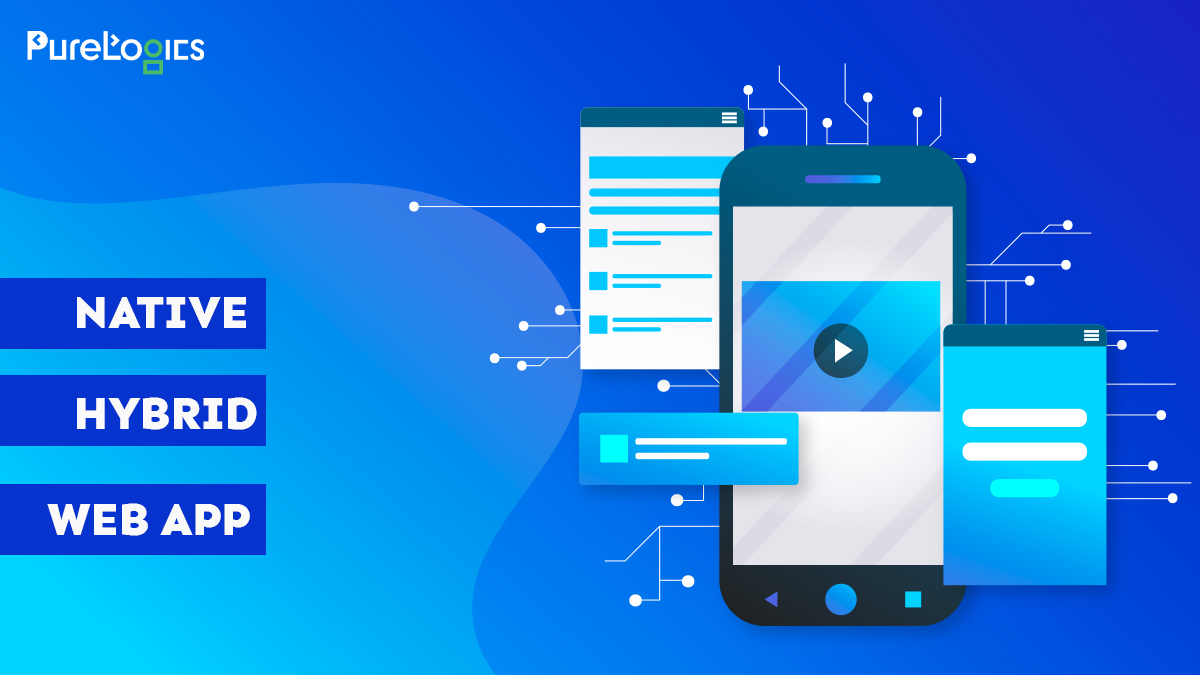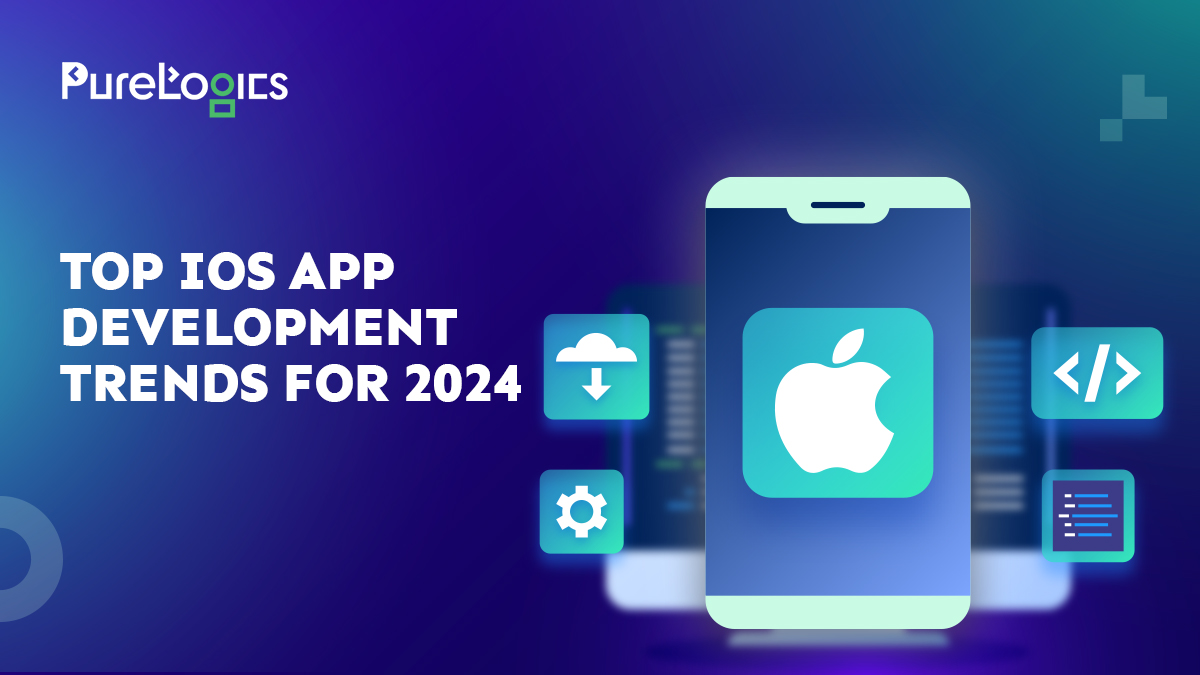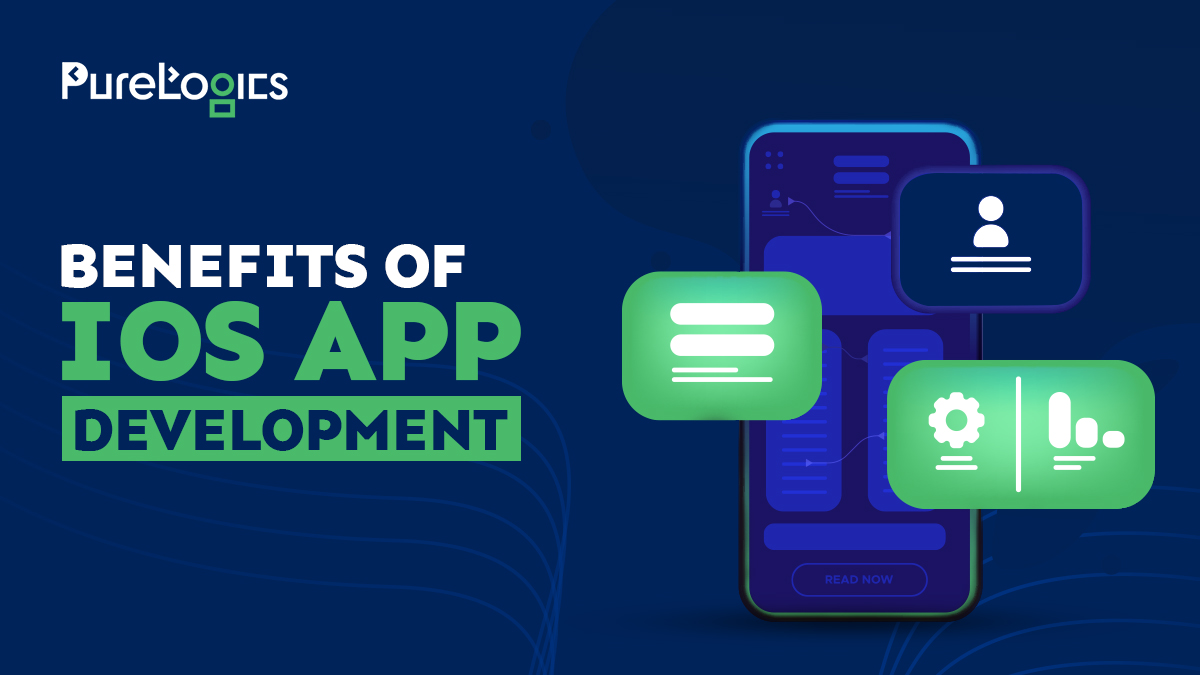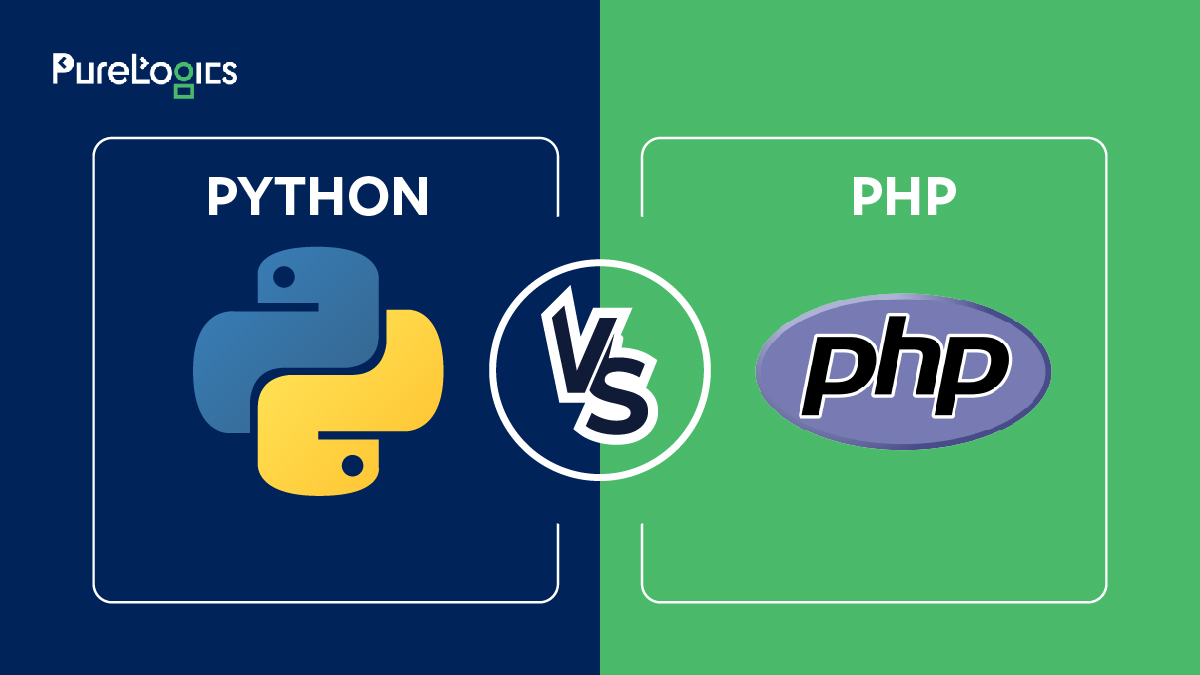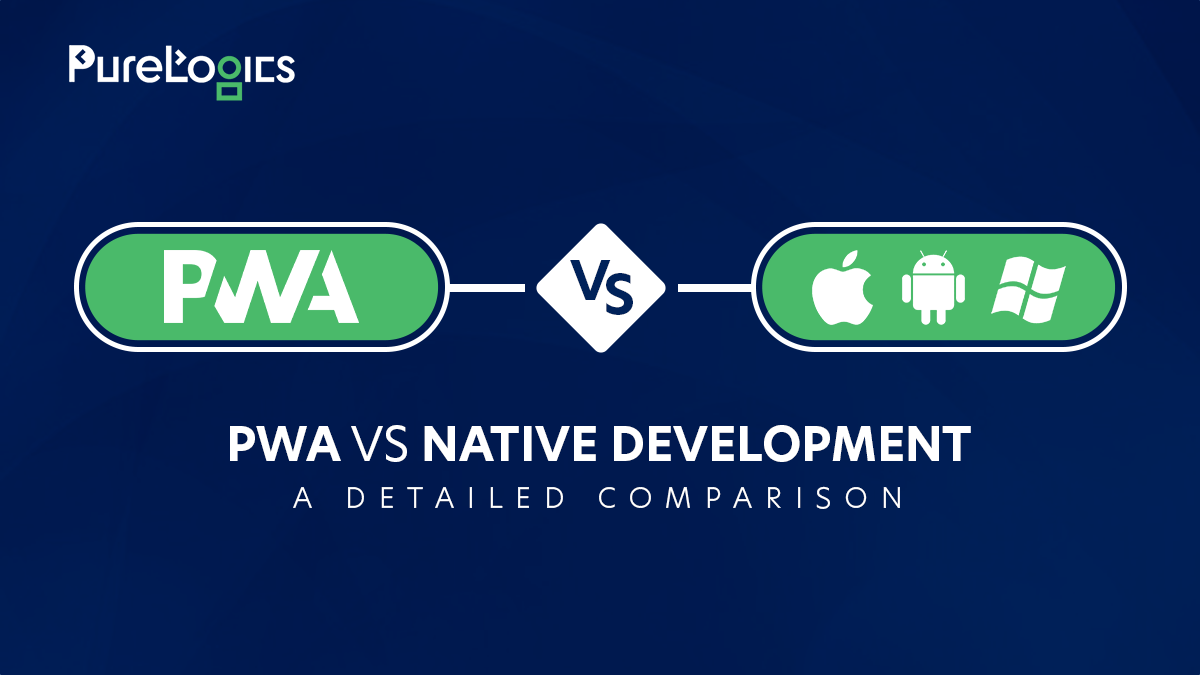Being a software development organization, we often come across people who have an idea of a mobile app, the list of all the functionalities and the goals they want to achieve but the only thing they get confused about is whether to go for a native, hybrid or web app.
Most of today’s mobile applications are native because they can make the best use of your mobile resources (Camera, microphone, accelerometer, geolocation etc.). However, for many reasons, HTML5 is a gold mine, waiting to be discovered by its developers. It makes it possible to “create an application once and deploy it on multiple devices”, which means that they can support any device with a web browser.
Mashups combine some features of native and web applications. These apps can be downloaded from the app stores, and at the same time have the ability to update independent information. Hybrid applications require Internet connectivity as part of the web is updated via Internet.
This is probably the most popular way to build mobile applications, since it has the organic medium spread, but the development is faster and cheaper than the native applications. Here is a brief comparison of the pros and cons of Native, Hybrid and HTML5 apps to help you decide which one can be the best pick for you.
Native
- Maximum functionality and speed
- You do not need an Internet connection to use
- It has access to the software of the smartphone (GPS, player, camera) Spread across app stores
- Higher costs and longer development time
- Requires developer expertise specific programming environment
- It only works with a single platform
- When the cosmetic changes necessary to release update
Hybrid
- The functionality of the native applications on an independent platform
- It starts not from a browser as opposed to web applications the ability of independent renovation
- Spread across app stores
- Loading of the mobile application store (you must meet the requirements)
- The developer should be familiar with the different API
Web (HTML5)
- Cross-platform
- It does not require a download of the mobile application store
- You can easily adapt the usual site
- It is easier to find a web developer than a developer under a specific platform Easy creation and support
- It requires an internet connection
- It does not have access to smartphones
- It cannot send push-notifications
- Internet browser must be started
- When selling requires the use of its payment system
How to choose?
Pretty simple. If the speed of information processing (games, social networks, geolocation services, exchange services photographs, etc.) s a major concern for you then it’s better to build a native application. If the speed is not so important, it is better to do a mashup. And if you just want the user to receive the necessary information via mobile phone while connected to the internet and it is large enough, then you should go for a web application!
To Summarize
In this article we looked at three types of mobile applications – the native, web-applications, and hybrid – and their features. And now we can easily make a choice in favor of either option for each situation.
Remember: It largely depends on what kind of goals you want achieve by using your mobile application. Each business is unique so you and only you can decide what kind of application will suit your business in your particular situation.
At PureLogics, we have worked on over 300 mobile applications and we can help you decide after a simple discovery workshop.


 [tta_listen_btn]
[tta_listen_btn]
 September 29 2016
September 29 2016

